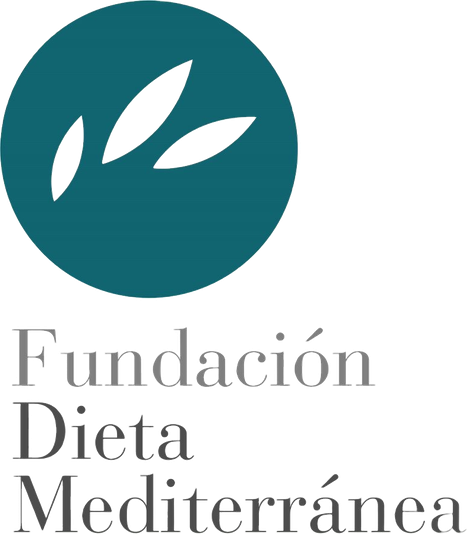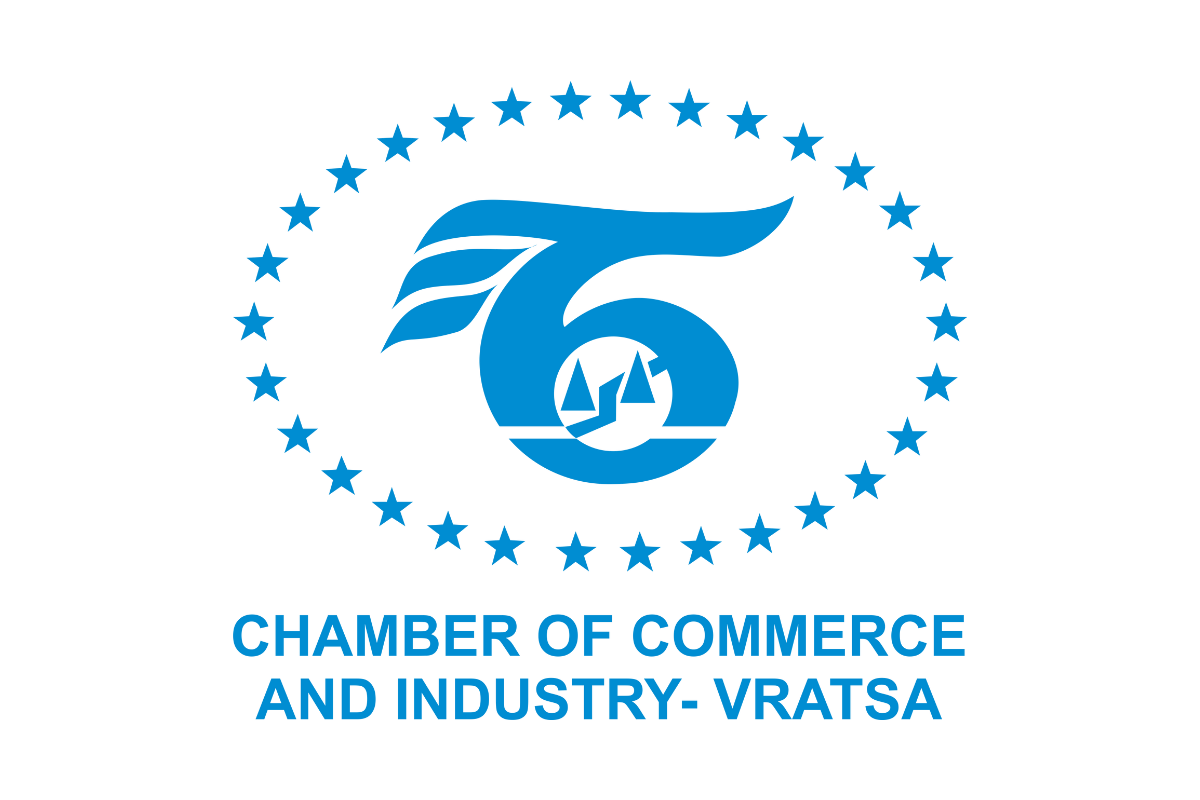
Our story
The Mediterranean is considered a climate change hotspot: the region is warming 20% faster than the global average with severe consequences in territorial conditions, such as increasing desertification, soil degradation, loss of biodiversity, scarcity of water resources, and shortage of agri-food production. Over time, the limit or inadequacy of public intervention has legitimised market-design-inspired solutions, determining an unbalanced use of territorial resources, characterized by urban congestion and depopulation/desertification of rural areas, often undermining the environment and imperiling the already low employment for millions of people and hundreds of thousands small businesses. These factors include the tourism market, a vital industry across the Mediterranean region, that tends to focus on urban/coastal areas neglecting the rural potential. Thus, the needful transition toward a Green Economy requires counteracting this dualism and implementing an industry of the territory, as a systemic action of individuals, in rural areas.
From this point of view, the Mediterranean Diet (MD) represents a social, economic, and territorial model of extraordinary interest: recognised by UNESCO as Intangible World Heritage of Humanity, investigated especially as a sustainable and healthy diet model within the global debate, the MD is, moreover, a sustainable development model, securing the environment against the failures of the intensive food industry and promoting the Tangible heritage of the territories where the MD is produced. Thus, the interest in the Mediterranean Diet has increased during recent years as a holistic dimension able to face, with its resilience, the emerging problems of climate change, pandemic, food security, nutrition, and energy emergence. Far from wanting to solve all the problems, the MD is a model of care for the environment, lifestyle, traditions, rites, landscape, crafts, and agri-food products, which are all together a great opportunity for more sustainable tourism.
Starting from the MD.net achievements, MedDiet Go will connect old dimensions of the Mediterranean Diet and new innovative findings in the production and services fields. Its activity will keep on the MD.net “mission” to increase local stakeholders’ awareness about the need for an integrated approach: setting up activities safeguarding the landscape and supporting rural communities to promote traditional economies through innovation and networking strategies to make Mediterranean inner regions smarter and more competitive among international tourism destinations.
The MD.net four-year investment in building a common vision (MD Brand and Declaration), initiative (Euro-Cluster), and technological tools (MD.net platform), as well as implementing local “pools of creativity” in 13 MED communities, worth further effort to transfer this legacy in other rural economies to increase their productivity and performance. The EU Green and Digital policies, SDGs, and Territorial Agenda, increasingly influencing the overall programs of the partners’ countries (Bulgaria, Greece, Italy, Portugal, Slovenia, Spain) can also be strategic opportunities to make MedDiet Go an actual lever to cope with innovation, social cohesion and “smarter” business networks. Nevertheless, MedDiet Go will bring new lifeblood to the MD.net Euro Cluster activities with the involvement of new partners geared towards green and blue growth (sustainable tourism services, public decision-makers, farm-to-fork economic actors). The consolidation of transnational cooperation will strengthen the common strategy and boost the efficiency of the Med Diet Community network. It will provide local “consortia” (stakeholders signing the Declaration) with a networking digital platform (tMED-Diet Euro-cluster Platform) to foster international connections, otherwise difficult for isolated regional contexts to establish in the absence of EU incentives.








